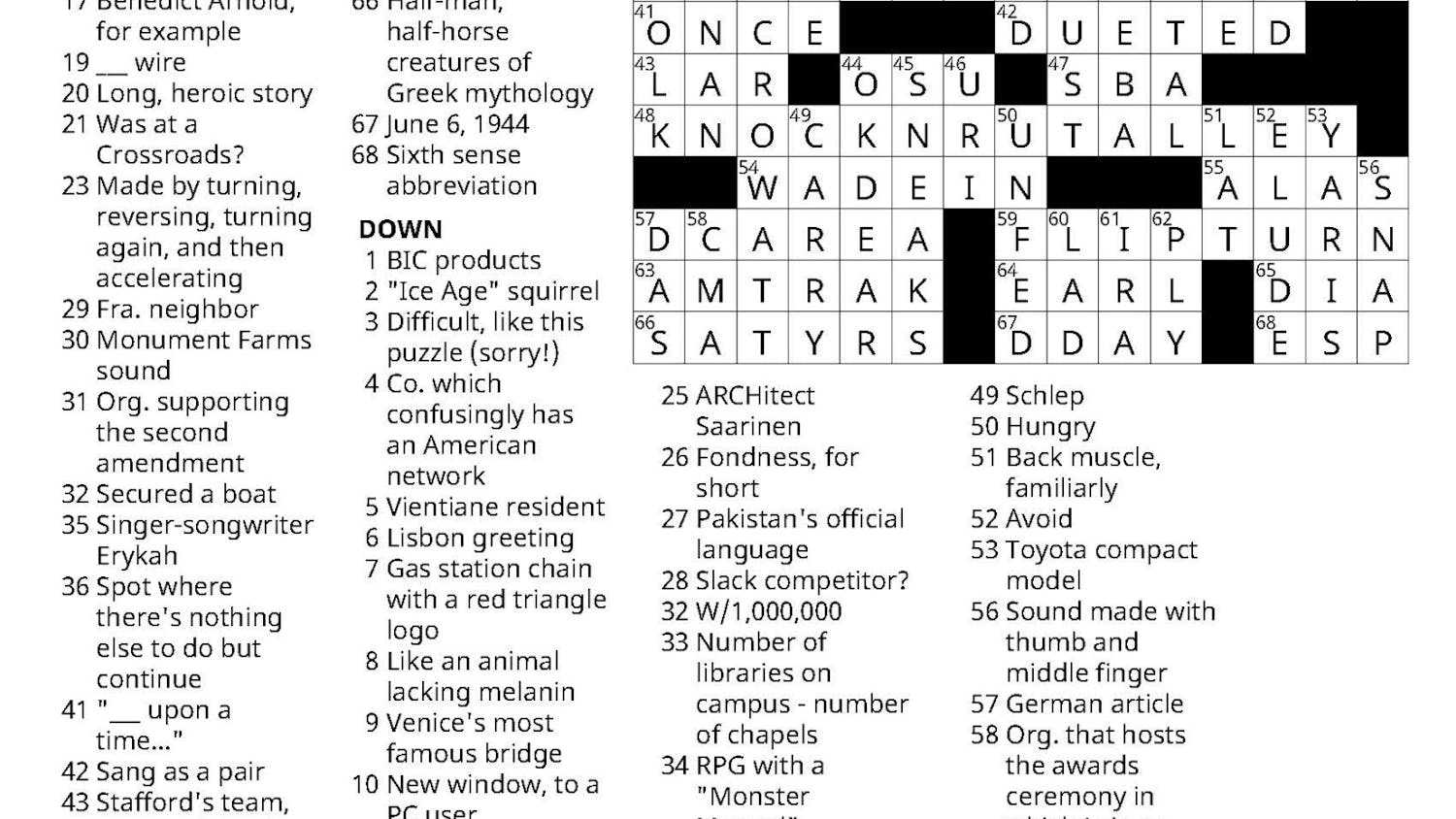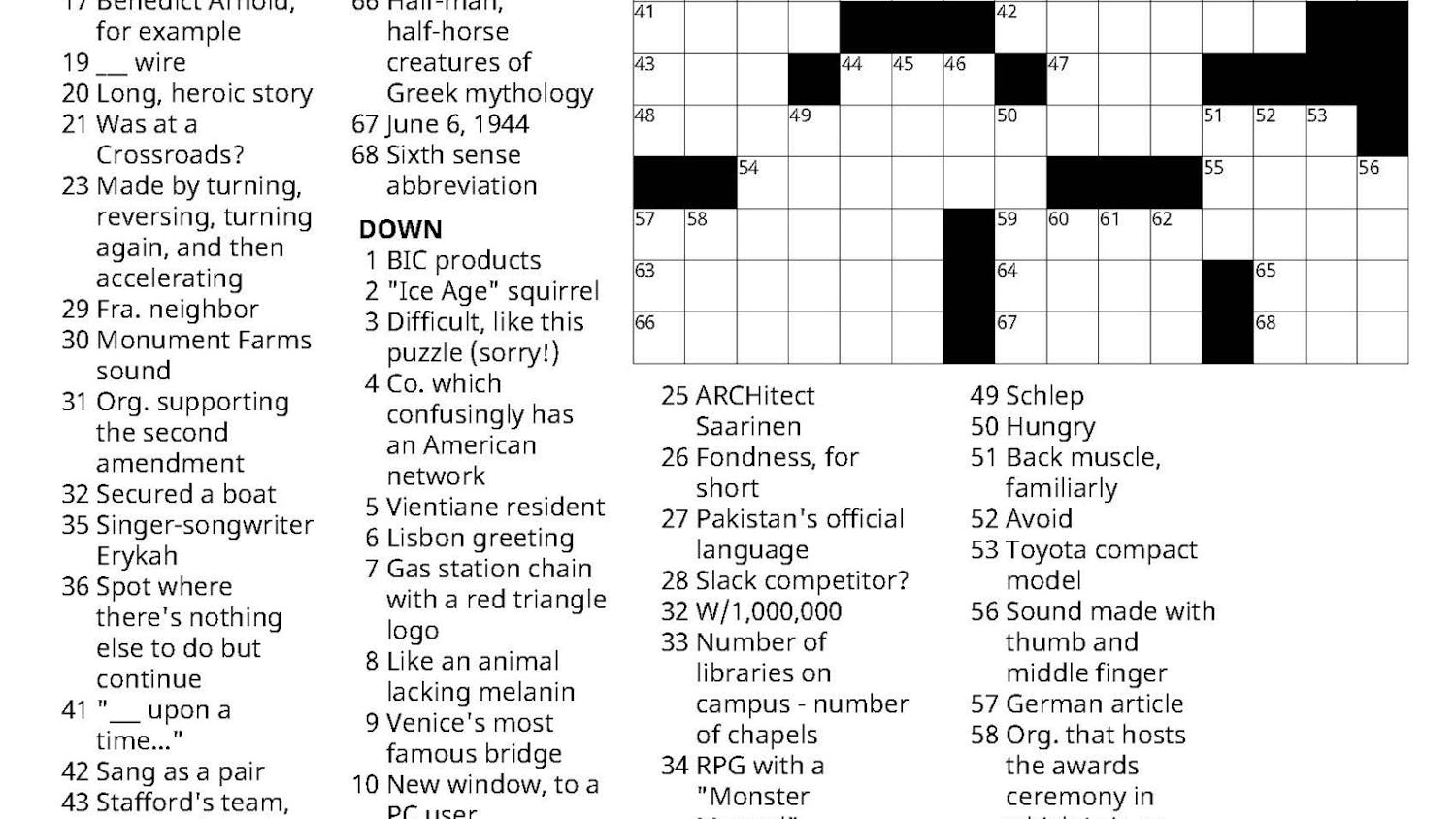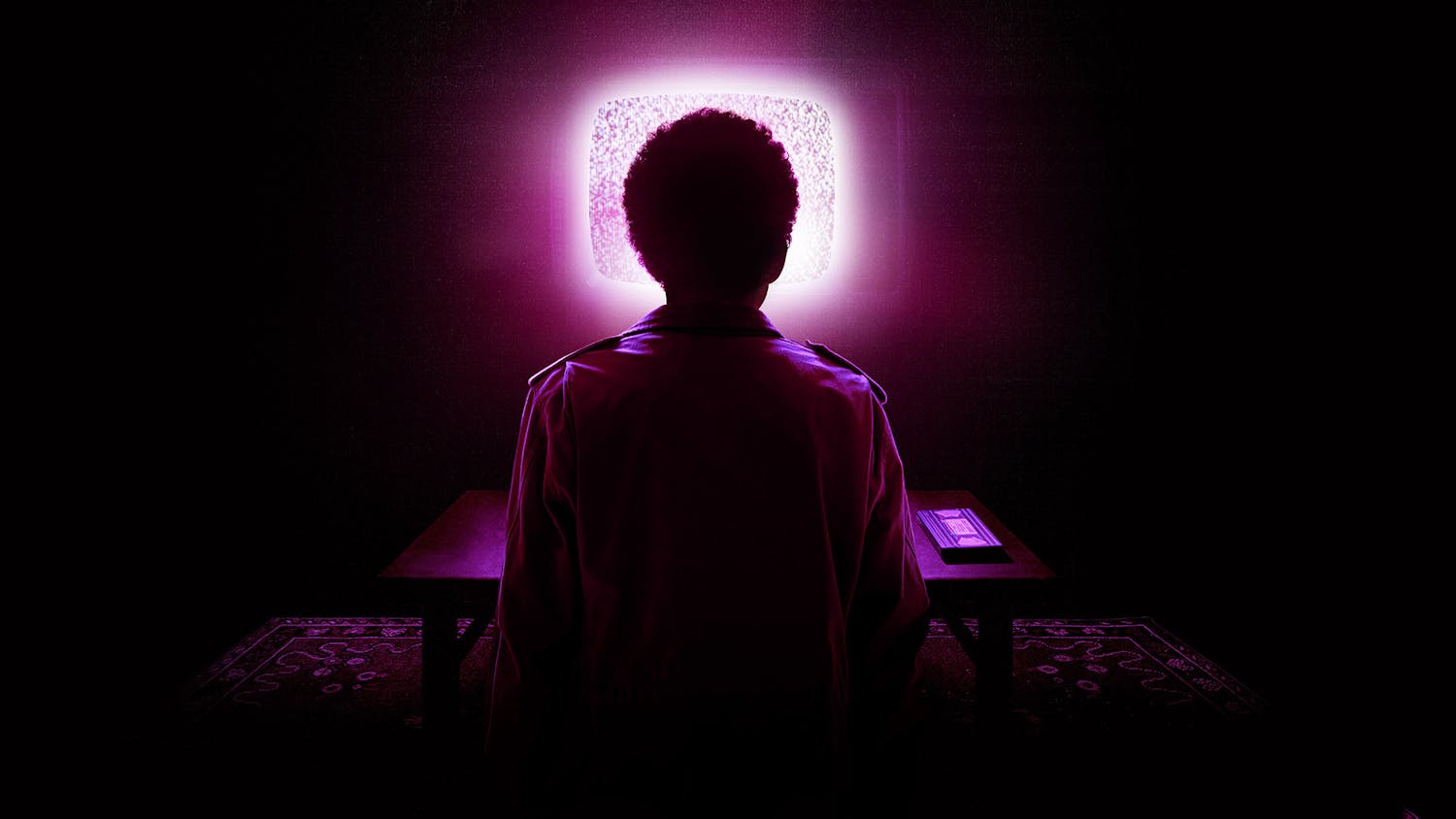It’s towards the end of “Shame, Shame,” Dr. Dog’s sixth LP, where the band describes itself better than any reviewer could: “I’m just a memory … there’s no reflection here at all.”
Dr. Dog is an apparition — a “memory” of a past era, a feel-good mood that was born during the Summer of Love; indeed, this is a band that has drawn enough comparisons to the Beatles to make you sick.
Despite being a relatively current band, Dr. Dog releases classic rock ‘n’ roll music. For instance, the track “Station” clearly draws upon the folk-rock style of The Band with the easy-going acoustic guitar slide riffs, the moody organ and the strained lyrical harmonies. Even more, it’s as if the tune captures the essence of Rick Danko and Levon Helm’s voices effortlessly.
“Stranger,” which is also the lead track, opens in grandiose fashion by climbing and descending a scale in a way that shamelessly rips off the vocal melody from The Rolling Stones’ “Dandelion.”
However, “Shame, Shame” is not as adamantly stuck in the past as previous albums, which favored jamming over neat song structure. Instead, Dr. Dog uses cleaner production to capture moods beyond those attained by bright solos.
For instance, title track “Shame, Shame” is a tired dream achieved through a clean organ, wishy-washy background vocals and drippy guitar riffs. Halfway through the song, the vocals are forcefully strained to escape the overbearing haze.
This dreamy mood plays on the theme of the album: On “Shame, Shame” Dr. Dog admits to a focus on past musical styles — making the band nothing more than an apparition — but they capture this focus through moodier production that seems more current.
In fact, this may be Dr. Dog’s most eerie album, as it mixes past and present styles to create an unfamiliar sound. For example, “Where’d All the Time Go?” includes barbershop vocal harmonizing and 70’s style guitar riffs, yet the overwhelming vocal and instrumental build up during the chorus is chaotic and hip.
And “Someday” starts with a feeling of vast emptiness that is modern sounding, but the song quickly retreats to the expected Dr. Dog pop: triumphant vocal harmonizing that is, for lack of a better descriptor, very Beatles-esque.
The ability to mix styles in a unique way has earned “Shame, Shame” more critical acclaim. However, I hope that Dr. Dog doesn’t listen too much to their critics.
While I do enjoy exciting albums that attempt to innovate, I think that too much value is assigned to progressive experimentation and not enough is left to simple feel-good jamming. For this reason, I am both happy for Dr. Dog yet fearful for their future.
Simply put, I liked the old Dr. Dog, and I don’t want their roots to be lost in an attempt to innovate for the critics.
“Shame, Shame” is still full of happy moments. The bouncy “Jackie Wants a Black Eye” invites a sing-along: “We’re all in it together now.” “Shadow People” starts with strung out vocals and a dusty acoustic guitar, but slowly adds in more instruments to build to an epic finish.
And “Unbearable Why,” with its wavering and cyclical chorus, gives off a care free, easy going vibe. Indeed, these are the moments where Dr. Dog shines. And it is for these moments that I have played “Shame, Shame” continuously on repeat.
For the Record.. - 05/06/10
Comments



